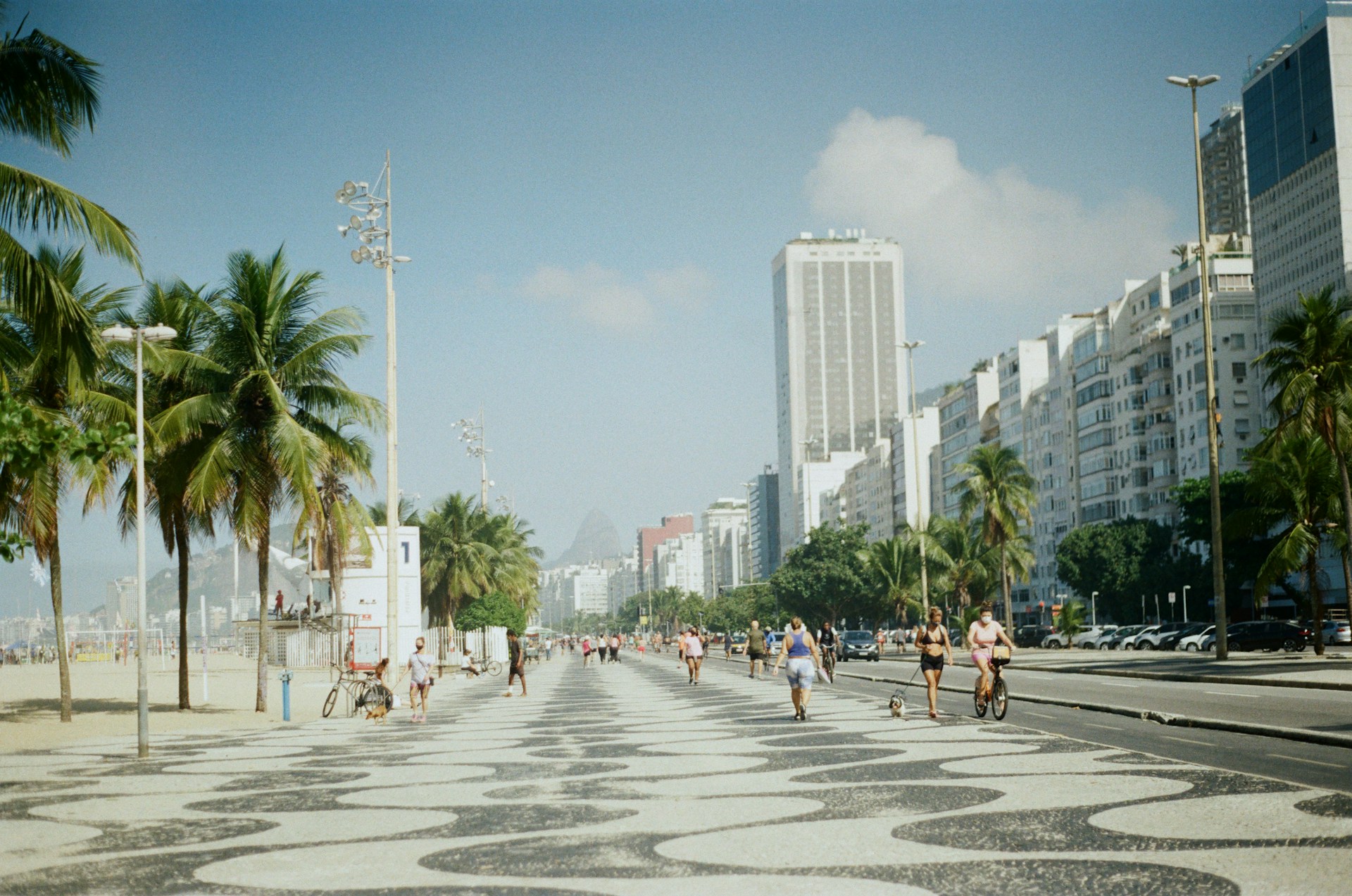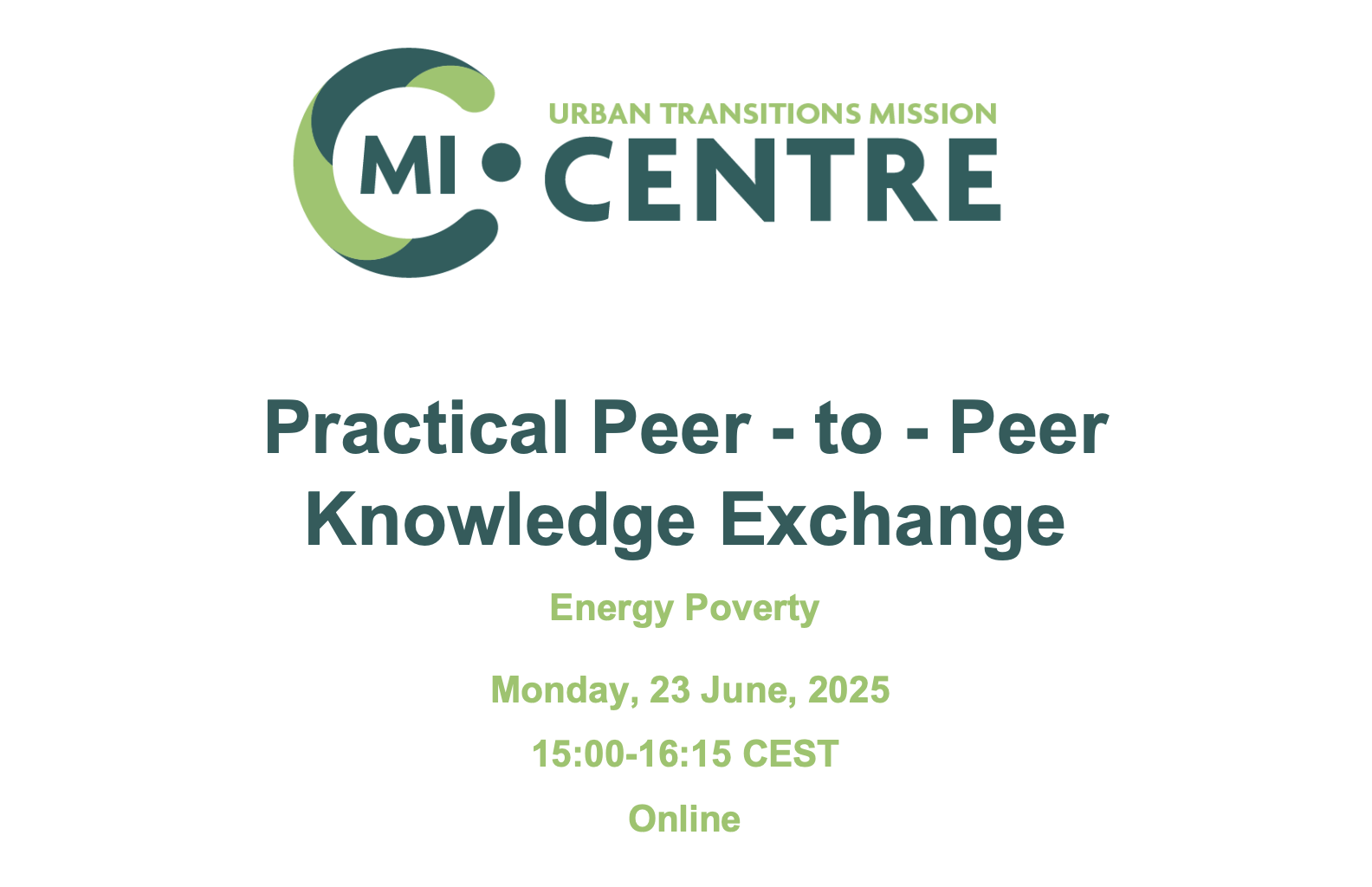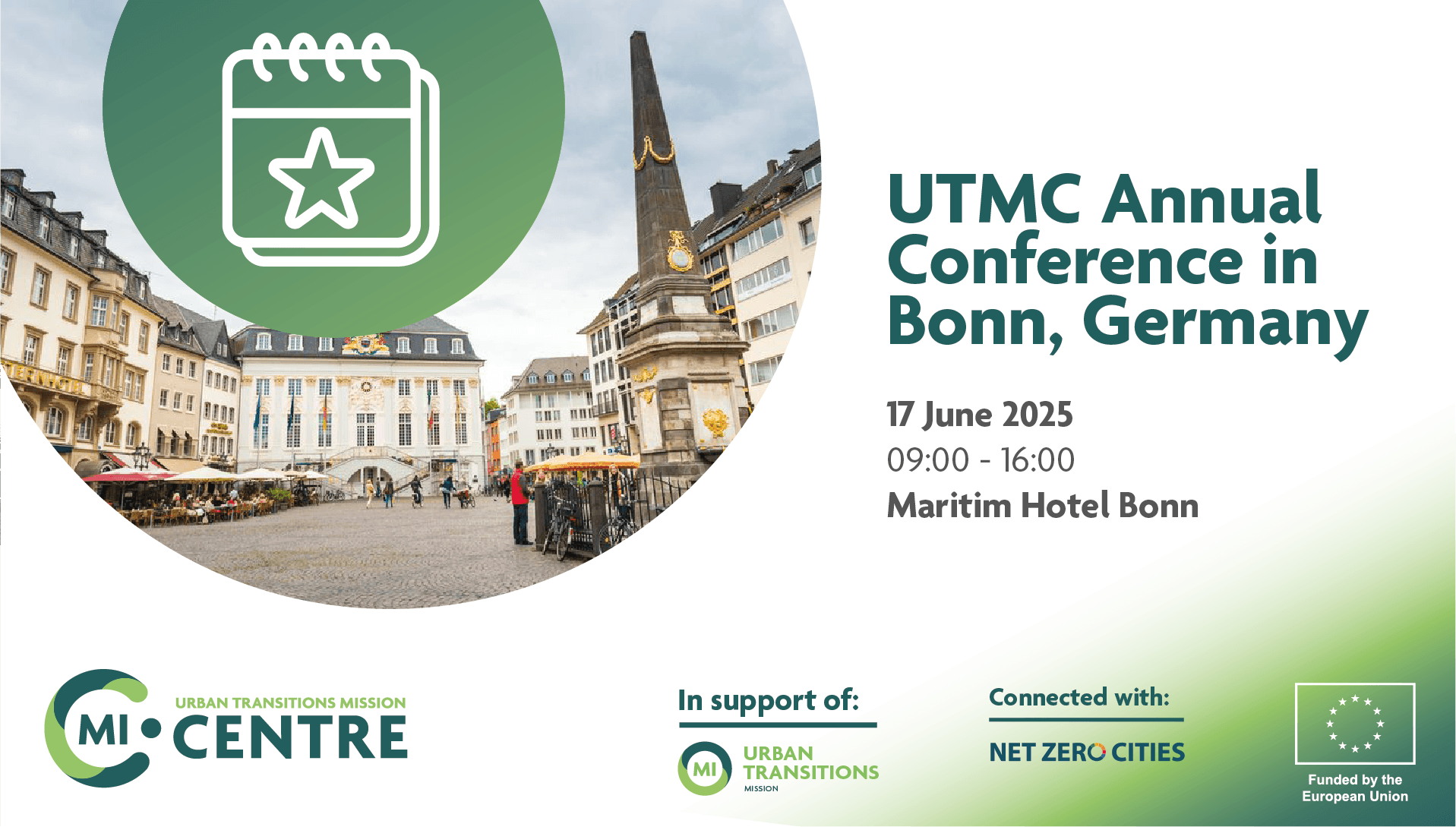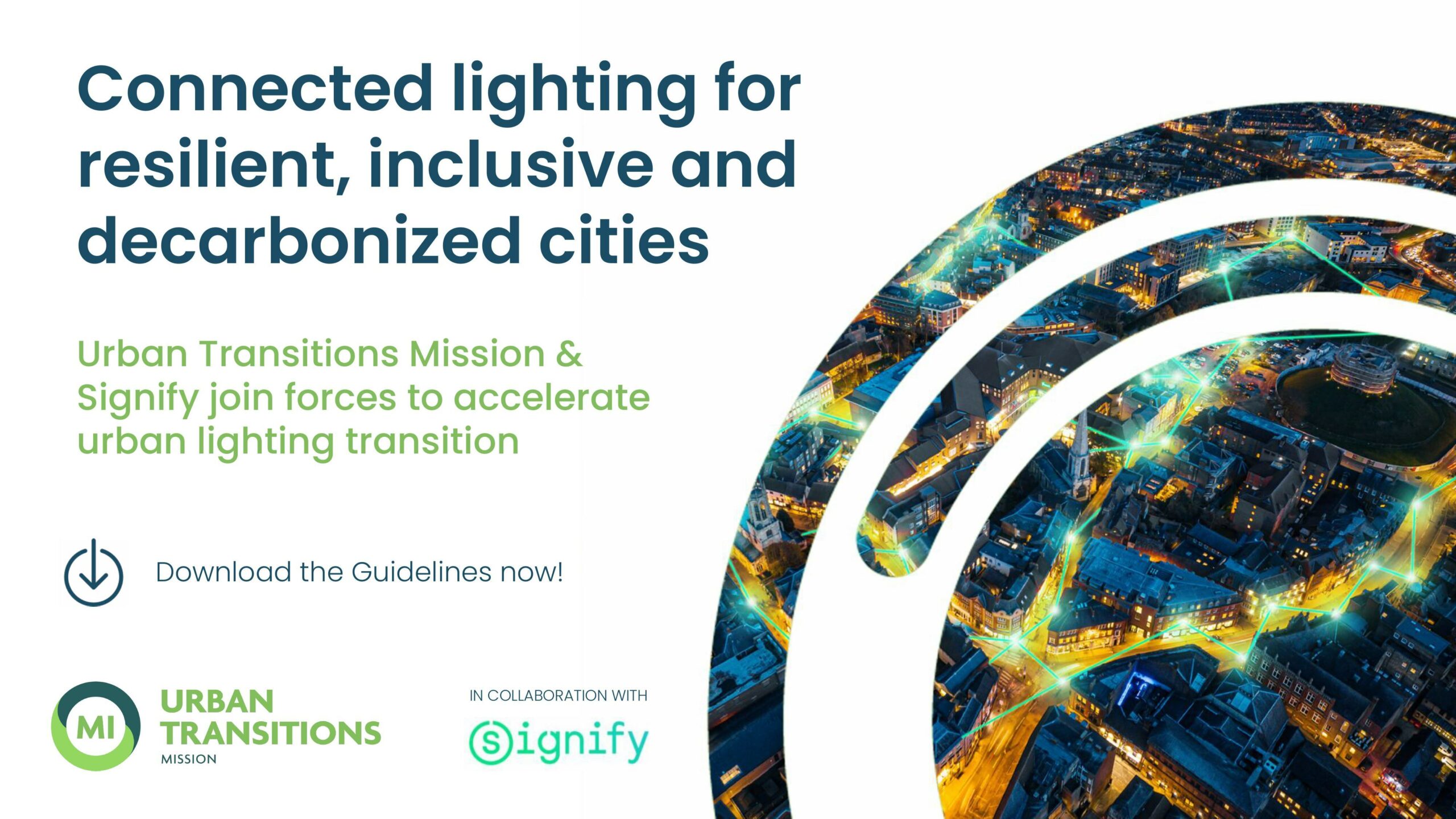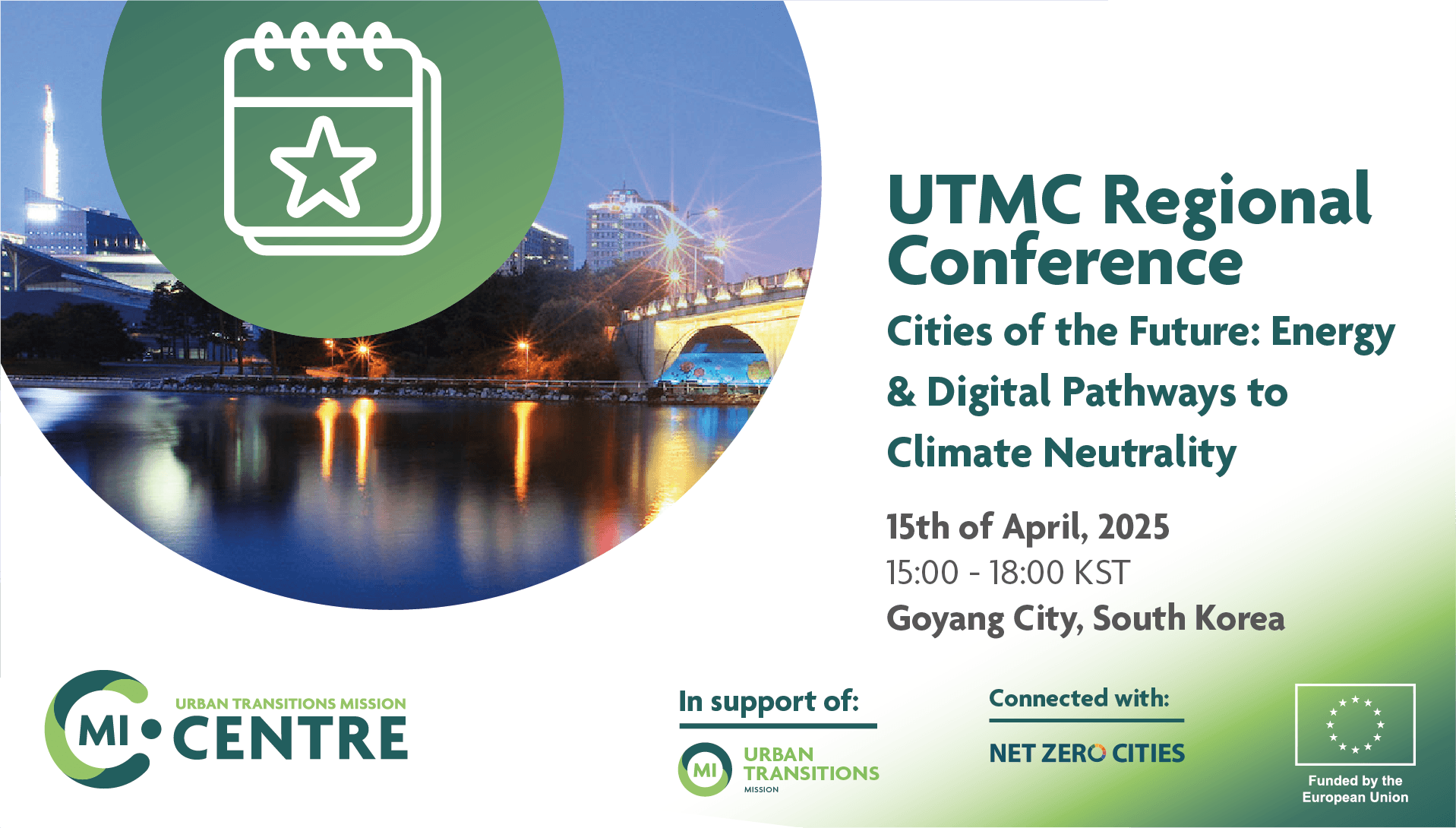The Urban Transitions Mission (UTM) city cohort and partners of the UTM Global Innovation Alliance joined last October at the UTM High-level gathering titled “Cities Ahead of the Curve: Local Solutions Driving Innovation” in Riyadh, Saudi Arabia. It was held in the framework of the UNFCCC Middle East and North Africa Climate Week (MENACW). The gathering provided a platform for cities to network, collaborate, and connect with policymakers, international organizations, stakeholders from the private sector, and academia to identify opportunities and collaborations to support UTM cities in implementing climate-neutral and net-zero pathways enabled by clean energy and systemic innovation across all sectors.
The event focused on challenges and successful measures and approaches adopted by cities to respond to the needs of building, operating, and maintaining sustainable and future-proof urban infrastructures. Participants shared their views on the interdependence between transportation and mobility, energy, cooling, and the built environment. They showcased integrated solutions focusing on resource efficiency, fair and equitable access, and promoting innovation and digitalization.
Encouraging climate action at the local level provides an excellent opportunity to embark on a resilient pathway towards net-zero emissions. According to Dr. Aromar Revi, “At IPCC, we found that between 30 to 50% of emissions can be reduced by making significant shifts on the demand side, whether this means energy-efficient buildings or new forms of transportation and efficient transportation systems, or dietary shifts.”
Taking action at the local level can promote sustainable development while also helping to limit the costs of climate change. Dr. Revi shared that “The economic impact of climate risks and disasters adds up to almost 1% of the global GDP. We are currently losing somewhere between 800 billion to trillion dollars a year of possibly $3 trillion worth of growth.”
Several cities from the UTM city cohort presented their strategies to achieve their ambitious vision through concrete steps. For instance, Riyadh aims to plant 7.5 million trees by 2030, increasing the city’s green space per capita to 28 square meters, 16 times the World Health Organization’s recommendations. The city also launched a system to recycle 100% of wastewater treatment, which will reuse around 1,000,700 cubic meters daily.
The participants also shared solutions and challenges for designing people-centered infrastructures that meet the community’s core needs and actively include people and communities through co-development and implementation phases. Puerto Montt, for instance, is developing a Public Mobility and Public Spaces Plan that considers the need for smarter mobility, bike lanes, streets adapted for public transport, cable railways, and cable cars that connect among the hills in the city.
Cities also flagged how access and management of data remain high on the list of their priorities, and the untapped potential of digital and multilateral interventions for the development of smart and connected infrastructures. The Greater Manchester Authority shared its efforts since 2018 to measure its climate change actions and set science-based targets. As a result, they have created 10 separate local energy plans to ensure each area’s unique needs and opportunities are addressed, considering district heating, renewable energy, electric vehicle charging, insulation, and energy efficiency for public buildings and have helped them estimate costs and time frames with real numbers. By creating these plans, the Greater Manchester Authority has been able to engage the private sector in conversations about investing in carbon-neutral initiatives.
Finally, the event emphasized urban data challenges and the potential for digital solutions. To address these issues, the Urban Transitions Alliance (UTM) invites collaboration from research institutions and academia to create Research Clusters, fostering innovation. Partnering with the Global Covenant of Mayors for Climate & Energy’s Innovate4Cities, this initiative aims to connect academic excellence with urban sustainability. Beginning in 2024, these Research Clusters will help cities identify and address their priority gaps through collaborative efforts, with results showcased at the 2024 Innovate4Cities Conference. Join the clusters at www.urbantransitionsmission.org
The first edition of the UTM Global Innovation Summit was co-led by the European Commission and the Global Covenant of Mayors for Climate & Energy, with support from the Ministry of Energy of the Kingdom of Saudi Arabia. The second edition is scheduled for the latter half of 2024.

